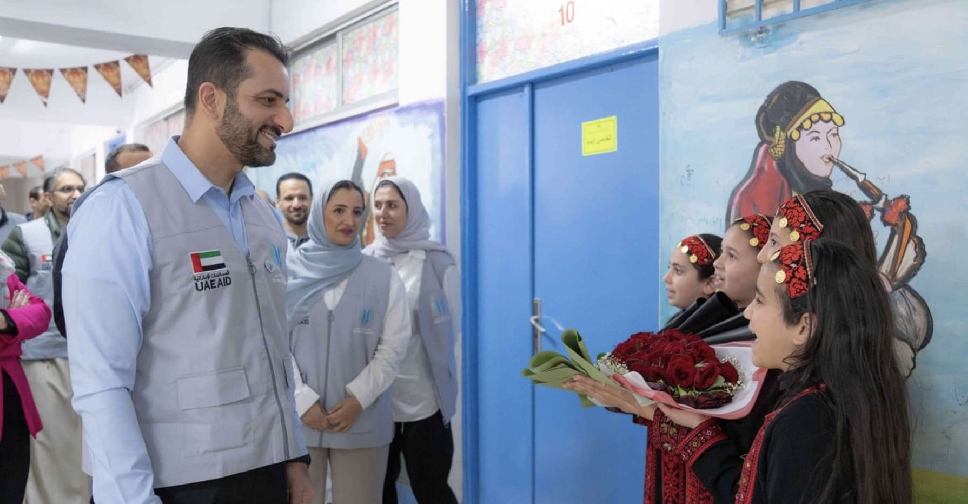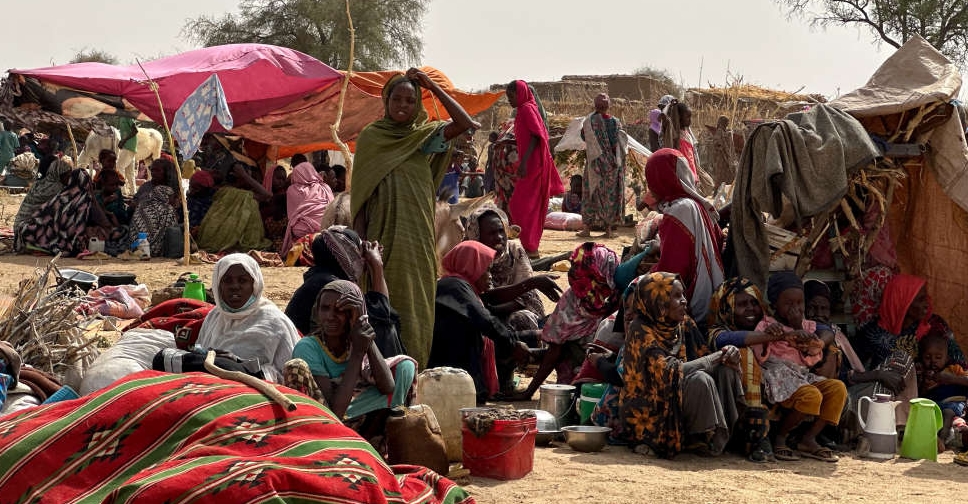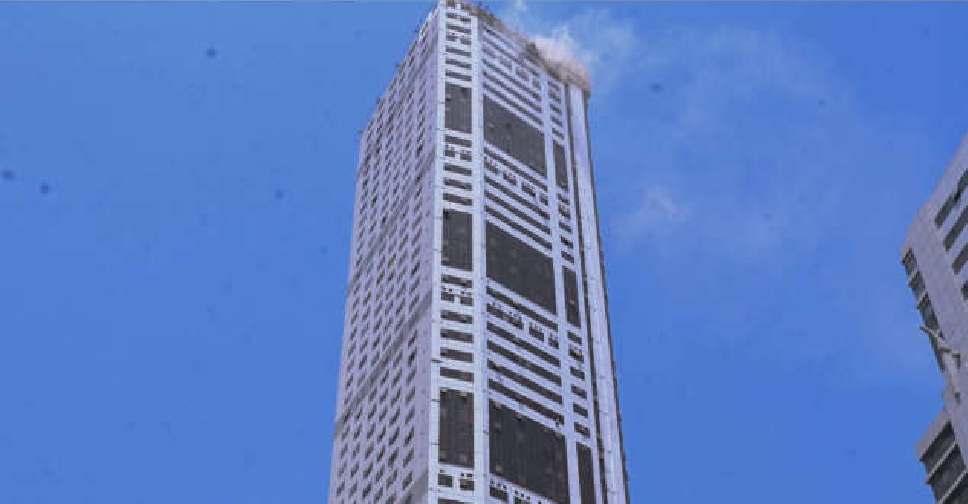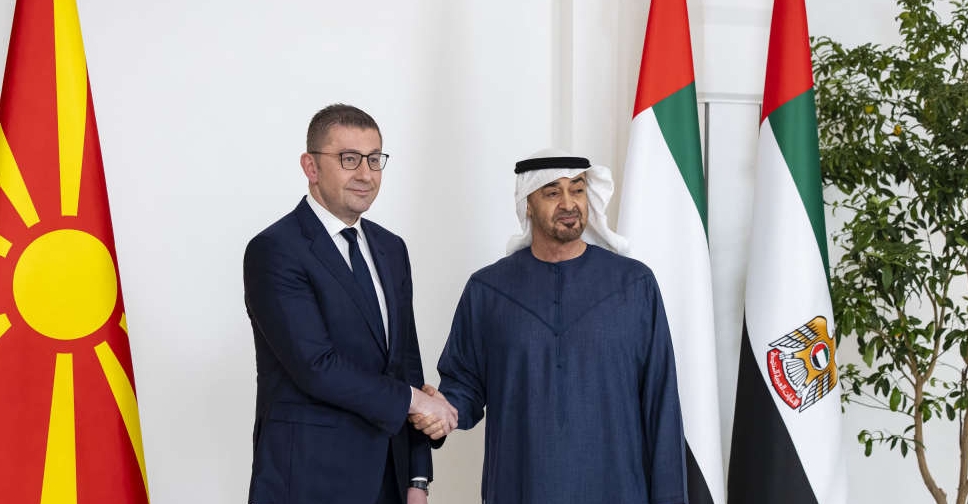
His Highness Sheikh Sultan bin Ahmed bin Sultan Al Qasimi, Deputy Ruler of Sharjah and Humanitarian Envoy of The Big Heart Foundation, has visited the Marka refugee camp in Jordan, home to over 70,000 Palestinian refugees.
His Highness led a delegation from the Emirate of Sharjah comprising senior officials and representatives from The Big Heart Foundation, as well as UAE government entities and private sector organisations. Here, it was emphasised that responding to the escalating humanitarian crisis facing Palestinians—particularly in the Gaza Strip—requires a united mobilisation of resources to implement sustainable development projects.
These must target sectors such as healthcare, education, and food security to ensure the basic needs of the Palestinian people are met. He called upon charitable individuals and organisations to support these efforts, which embody the highest humanitarian responsibility towards those who are displaced, injured, or in need.
The visit aimed to study leading examples of sustainable humanitarian projects, particularly in health, education, and food security, and to rally both human and financial resources to implement similar initiatives in Gaza and in countries hosting Palestinian refugees, ensuring their sustainability and responsiveness to critical needs.
His Highness stressed that the suffering endured by the Palestinian people and their homeland is indescribable, and that offering support and consolidating all humanitarian efforts is the minimum that can be done. He affirmed that the UAE, at both leadership and public levels, has always stood by the Palestinian cause. He also praised Jordan’s long-standing humanitarian role, having hosted over four million Palestinian and Arab refugees, providing them with the means to live with dignity despite challenging circumstances.
Sheikh Sultan noted that the Palestinian people have experienced decades of displacement and forced migration, and today the people of Gaza are enduring one of the harshest humanitarian crises due to the ongoing conflict. This has resulted in the breakdown of their social and institutional infrastructure, depriving them of fundamental rights including access to education, healthcare, and basic public services. Thus, the foundation’s humanitarian strategy is focused not only on emergency relief, but also on implementing sustainable initiatives in healthcare and education.
He stated that access to healthcare builds thriving communities, while education protects future generations from the lasting psychological and physical impacts of war—even if the situation eventually improves.
Describing the current crisis as a pivotal test for the entire humanitarian ecosystem, Sheikh Sultan stressed that all those who are committed to humanitarian principles must now step up and act. Despite the immense challenges, he said the mission must continue, supported by devoted individuals and organisations across the world.
He added that humanitarian work is not just a moral or ethical responsibility, but a religious obligation and a fundamental right for the vulnerable and disadvantaged.
The visit comes as part of the ongoing “For the Children of Olives” campaign launched last Ramadan by Her Highness Sheikha Jawaher bint Mohammed Al Qasimi, Chairperson of The Big Heart Foundation. The campaign aims to provide holistic support for more than 20,000 orphans living in Gaza. It guarantees their right to education, healthcare, psychological support, nutrition, and adequate shelter.
During the visit, Sheikh Sultan toured the Marka Girls Preparatory School, operated by the United Nations Relief and Works Agency for Palestine Refugees (UNRWA). There, he met with a delegation including UNRWA Deputy Commissioner-General Natalie Boucly, UNRWA Jordan Field Director Olaf Becker, and Engineer Rafiq Kharfan, Director-General of the Department of Palestinian Affairs at Jordan’s Ministry of Foreign Affairs.
The discussions focused on ways to strengthen collaboration and build partnerships to support humanitarian projects benefiting Palestinians in Gaza and refugees in Jordan—particularly in the areas of education, health, and community welfare.
Sheikh Sultan bin Ahmed visited several classrooms, engaged with teaching staff and students, and reviewed the learning environment. He examined how the educational process is managed, discussed future infrastructure needs in the camp, and explored the school’s key scientific laboratories and facilities that support hands-on learning and enhance the educational experience.
His Highness also met with several male and female students representing the "Student Parliament" at Marka Camp. During the meeting, he listened to a detailed presentation from the students about the educational process and the challenges they face, as well as their academic needs that would help improve the quality and efficiency of education in line with the rapid advancements across various fields.
The Deputy Ruler of Sharjah then visited the food security project run by the humanitarian organisation ANERA, which supports refugees and conflict-affected populations in Lebanon, Syria, and Jordan.




 UAE renews call for peace in Sudan as war ends third year
UAE renews call for peace in Sudan as war ends third year
 Investigations underway after Sharjah building fire claims 5 lives
Investigations underway after Sharjah building fire claims 5 lives
 UAE announces resumption of flights to Syria
UAE announces resumption of flights to Syria
 UAE, North Macedonia sign MoUs to boost ties after leaders meet
UAE, North Macedonia sign MoUs to boost ties after leaders meet


